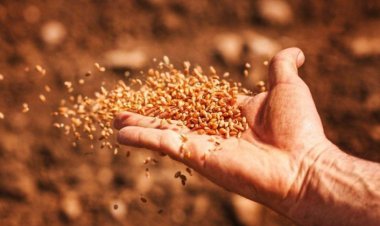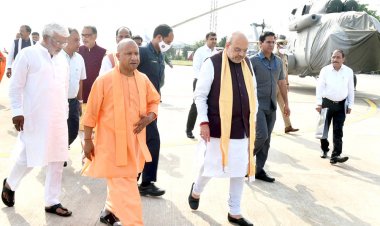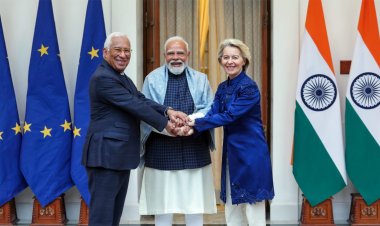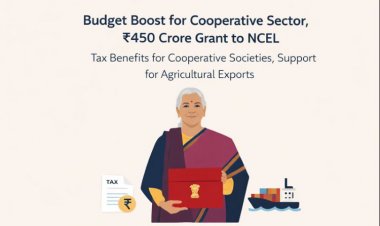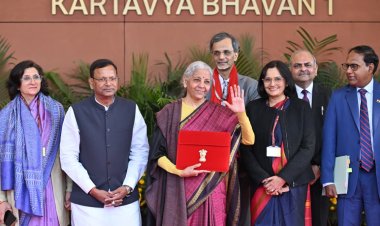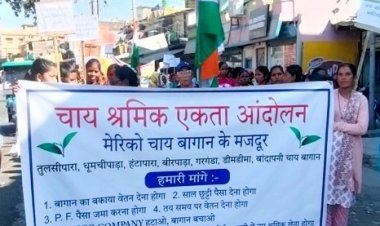A split verdict by Supreme Court on GM mustard approval
The bench, comprising Justices BV Nagarathna and Sanjay Karol, issued a divided ruling on the commercial release of GM mustard and directed the matter to be listed before the Chief Justice of India DY Chandrachud for adjudication by an appropriate bench
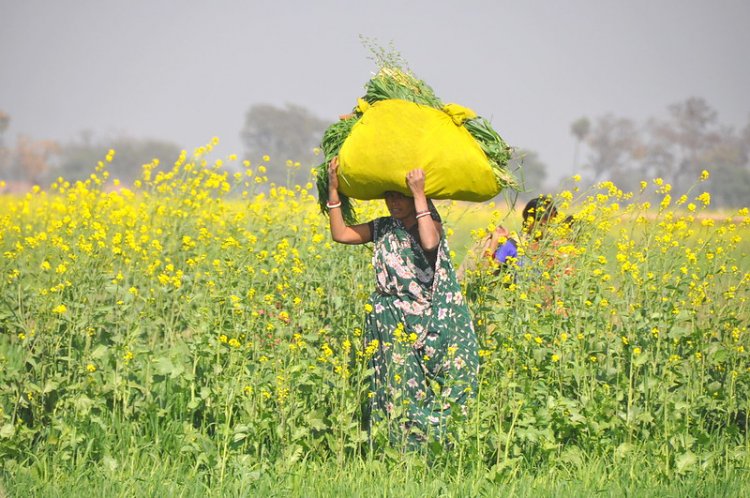
In a significant development, the Supreme Court on July 23 delivered a split verdict on the approval for the environmental release of genetically modified (GM) mustard crops, sparking a renewed debate on the future of genetically modified crops in the country.
The bench, comprising Justices BV Nagarathna and Sanjay Karol, issued a divided ruling on the commercial release of GM mustard and directed the matter to be listed before the Chief Justice of India DY Chandrachud for adjudication by an appropriate bench. The bench however asked the Centre to formulate a national policy with regard to GM crops for research, cultivation, trade and commerce in the country. The case would now be referred to a three-judge Bench to be constituted by the Chief Justice of India.
The case revolves around the Dhara Mustard Hybrid (DMH-11), a GM crop developed by the Centre for Genetic Manipulation of Crop Plants at Delhi University. In October 2022, the Genetic Engineering Appraisal Committee (GEAC), a statutory body and regulator under the Ministry of Environment, Forest and Climate Change (MoEF&CC), recommended the environmental release of transgenic mustard hybrid DMH-11, a variety of GM mustard.
Despite the dissent on the environmental release of GM mustard, the bench, unanimously directed that the Union government formulate a national policy on bio-safety protocols with regard to GMOs in consultation with all stakeholders, including states, independent experts and farmers’ bodies.
The bench further said, "Union of India must ensure that all credentials and past records of any expert who participates in the decision-making process should be scrupulously verified and conflict of interest, if any, should be declared and suitably mitigated by ensuring representation to a wide range of interests."
The Supreme Court passed the verdict on separate pleas filed by activist Aruna Rodrigues and NGO 'Gene Campaign' seeking a moratorium on the release of any genetically modified organisms (GMOs) into the environment pending a comprehensive, transparent and rigorous biosafety protocol in the public domain conducted by independent expert bodies.
The proponents of GM mustard argue that it has the potential to significantly increase mustard production, reduce dependence on imports, and ensure food security. However, environmentalists and farmers' groups have raised concerns about the potential risks to biodiversity, human health, and the livelihood of small farmers.
The petitioners had raised serious concerns about the suitability of GM crops in India. They argued that the GM mustard variety, developed to increase yields and reduce dependence on edible oil imports, did not necessarily outperform traditional mustard varieties.
Attorney General R Venkataramani and Solicitor General Tushar Mehta highlighted that India imports significant quantities of genetically modified edible oils, and halting the cultivation of GM crops could adversely affect farmers and the economy. They contended that continuing research and cultivation of indigenous GM varieties, like GM mustard, could reduce dependency on imports and benefit the nation.



 Join the RuralVoice whatsapp group
Join the RuralVoice whatsapp group




















